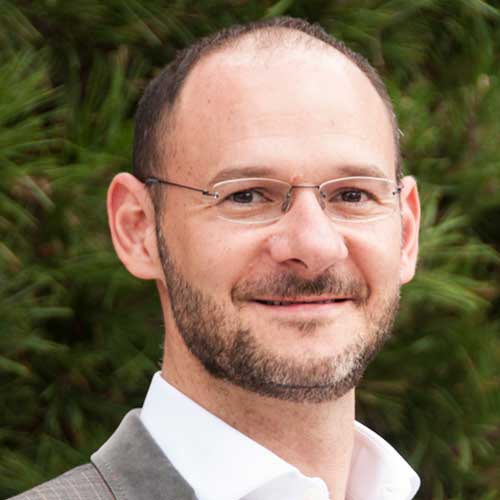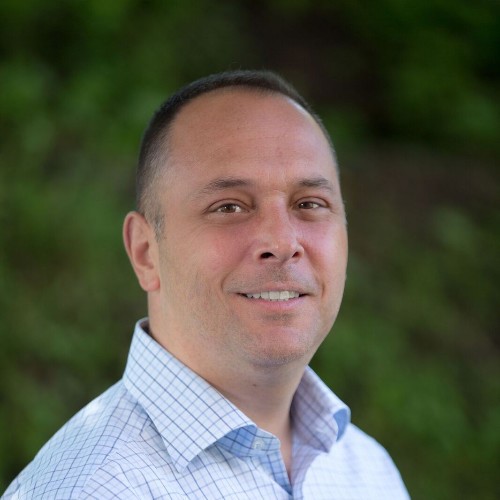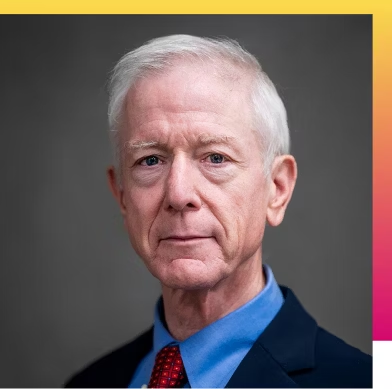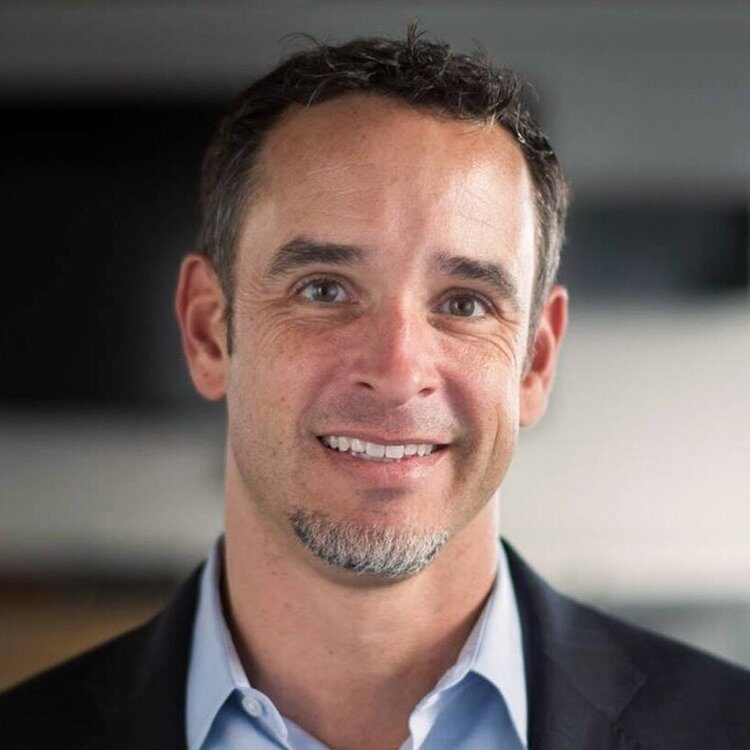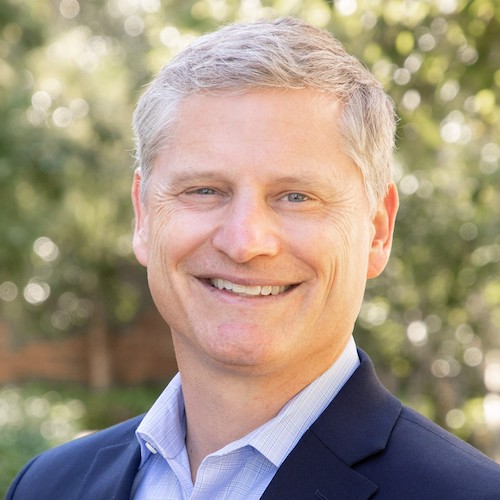About This Event
California is a national leader in climate action, with state mandates to achieve net zero emissions by 2045. Southern California is already leading the way decarbonizing trucking, shipping, and ports and the State’s other heavy industries. Yet more work is needed to meet local and state climate goals.
Hosted by RMI, the Mission Possible Partnership, and the Bezos Earth Fund, this invite-only convening will bring together state, and local policymakers; project developers; community organizations; and members of the finance community to discuss the journey ahead for decarbonizing heavy industry and transport in California. The event will focus on stock-taking progress and identifying next steps to create points that unlock large decarbonization projects across aviation, shipping, trucking, cement/concrete, hydrogen, low-carbon fuels, and green electricity sectors – which, combined, account for 30% of the State’s total emissions today.
Participants will leave with a deeper understanding of what needs to happen next and get an opportunity to network with relevant stakeholders and decision makers.
AGENDA OVERVIEW
Time
|
Agenda Item
|
| 2:00-2:30 p.m. |
Registration table opens, coffee |
| 2:30-2:50 p.m. |
Event Opening & Welcome Remarks |
| 2:50-3:30 p.m. |
PANEL 1 – Decarbonizing Shipping, Ports, and Trucking |
| 3:30-4:10 p.m. |
PANEL 2 – Unlocking FOAK / NOAKs in California: The Industry Perspective |
| 4:10-4:50 p.m. |
PANEL 3 – Creating the Enabling Ecosystem: Policy, Finance, Community Engagement |
| 4:50-5:00 p.m. |
Call to Action & Closing |
| 5:00-6:00 p.m. |
Networking Happy Hour |
Speakers
Paul Bodnar
Director of Sustainable Finance, Industry, and Diplomacy; Bezos Earth Fund (Opening Remarks)
Charlotte Pera
Senior Fellow, Mission Possible Partnership (Opening Remarks)
Julia Thayne
Founding Partner, Twoº & Rising (Opening Remarks)
Paul Gioupis
Co-Founder and CEO, Zeem Solutions (Panel 1 Speaker)
Amber Coluso
Air Quality Environmental Specialist, Port of Los Angeles (Panel 1 Speaker)
Maggie Messerschmidt
Senior Project Manager, Green Shipping Corridors, C40 (Panel 1 Speaker)
Steve Regis
Chief Operating Officer, CalPortland (Panel 2 Speaker)
Dr. Joshuah Stolaroff
Co-founder and Chief Executive Officer, Mote (Panel 2 Speaker)
Corey Stewart
RMI (Panel 2 Speaker)
John O’Donnell
Founder & Chief Innovation Office, Rondo (Panel 2 Speaker)
Daniel Adomian
Associate Government Program Analyst, California IBank (Panel 3 Speaker)
Daniel Adomian
Associate Government Program Analyst, California IBank (Panel 3 Speaker)
Sean Knierim
Founder & Partner, SidePorch (Panel 3 Speaker)
Resources
Industry
| May 22, 2025
Last month on Earth Day, RMI, Mission Possible Partnership, and the Bezos Earth Fund gathered project developers, local policy makers, NGOs, and financial institutions in downtown Los Angeles to celebrate progress and take stock of the journey ahead to decarbonize industry and heavy transportation in California.
Industry
| February 21, 2025
Learn more about our work in California to help advance heavy transportation and port decarbonization, low-emissions cement production, green hydrogen, and industrial electrification.
General
| September 28, 2023
Get the DIRT on industrial decarbonization incentives. This tool can help project developers, industrial companies, and investors discover the state and federal financial incentives that may be applicable to their heavy industry and transport projects.
Hydrogen
| January 28, 2024
Case studies and best practices from advising developers of the DOE’s $7 billion Regional Clean H2Hubs program, plus lessons for future clean energy projects.
Finance
| March 22, 2024
According to project finance experts, US-based sustainable aviation fuel (SAF) producers will face three main dilemmas when financing commercial-scale projects in 2024: what feedstock to use, whether to get government loan guarantees, and how to de-risk operations.
Industry
| September 17, 2024
A recent RMI survey shows airlines, logistics service providers, and corporate customers are willing to pay a green premium for SAF and SAFc and express preference for shorter contracts and waste-based feedstock.
Industry
| July 10, 2024
The Ports of Los Angeles and Long Beach handle nearly 40 percent of US shipping container traffic; decarbonizing the equipment that handles these containers needs to begin now.

